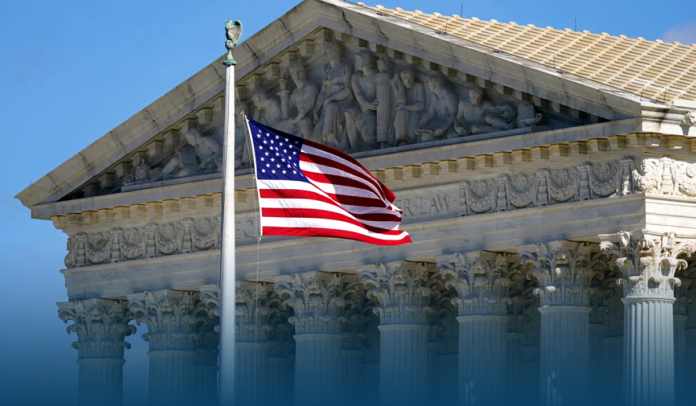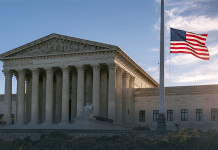Experts are warning that new laws devised by the Environmental Protection Agency (EPA) could cause some risks amid the protection of around half of US wetlands. President Biden’s administration has revised its policies regarding environmental protection, which will remove safeguards for most American wetlands. A press was released by the Environmental Protection Agency (EPA) announcing a final rule that would clarify the definition of “waters of the United States” under the Clean Water Act. The Agency blamed the laws that were made after the Supreme Court’s decision that restricted how the wetlands would be protected.
The Supreme Court decided in May that to qualify for the Clean Water Act, all the areas of wetlands should be connected by land to the rivers, lakes, streams, and oceans. Michael Regan, Administrator of EPA, expressed in a press release on Tuesday that they were disappointed by the Supreme Court’s decision, but the Agency and the Army have to fulfill the commands in coordination with the state co-regulators, partners, and Tribes. He said that they were only following the court’s railings. He added they would do everything possible with the authorities and existing resources to assist the communities, states, and Tribes in taking steps toward clean water. Michael said all are dependent upon clean water, and they should all try to protect it.
The President Biden Administration has already made some objections against the Supreme Court’s decisions, and this is the second regarding environmental policy. Last year, the Supreme Court reduced the Environmental Protection Agency’s authority in the Clean Air Act to regulate carbon emissions. Press secretary to the White House, Karine Jean-Pierre, said that the decision made by the court is in favor of taking the country backward.

Source: Web
Sacketts’ Case Challenged The EPA’s Authority
Karine expressed that the court’s decision would endanger clean water sources for millions of Americans, businesses, and farmers. The Clean Water Act imposes restrictions on the amount of pollution allowed to be released into “navigable waters.” Although the law was initially established in 1948, the safeguards for wetlands were incorporated more recently as a set of revisions in 1977. According to a government estimate at the time, these changes would enhance and expand pollution controls to cover the country’s 307 million hectares (76 million acres) of wetlands.
The Sackett case challenged the EPA’s jurisdiction over wetlands. Michael and Chantell Sackett purchased land near Idaho’s Priest Lake for building a house. The Agency has, however, blocked the construction, saying that Sacketts have failed to get the proper permits essential for building near wetlands. The Sacketts went to court to challenge the EPA’s decision, blocking the construction. Their court appearance is also well supported by the business frustrated by the Clean Water Act. In a five-to-four decision, the Supreme Court ruled in favor of the Sacketts, criticizing vague waterway regulations. It criticized the expansion of wetland areas, referring to a previous court case that claimed up to 121 million hectares of wetlands in the US.
The EPA revised the Clean Water Act to narrow protected waterways in line with the Supreme Court’s decision, effective immediately. The Agency skipped public comment, stating it was unnecessary after the Court ruling. The EPA explained that a delayed effective date could cause confusion and project delays. According to experts, the Clean Water Act will no longer protect at least half of all US wetlands due to the Supreme Court ruling.








